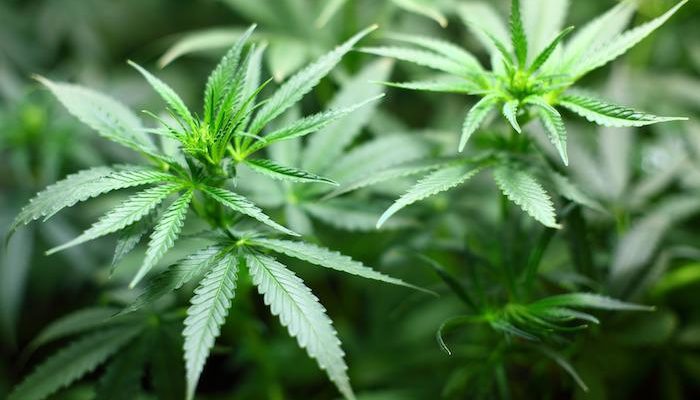If you have seizures or are the parent of a child who has seizures, then…

Can Medical Marijuana Help Control Epileptic Seizures?
Medical marijuana continues to face much controversy and debate among the general public. Ongoing research has pointed to the benefits and risks of using medical marijuana to treat epileptic seizures. Below are the latest facts about the effectiveness of using medical marijuana as a viable treatment option.
The Neurology Center for Epilepsy and Seizures is at the forefront of the latest practices available to treat patients who experience seizures and seizure-producing conditions. It’s important to Dr. Amor Mehta to provide patients like you with information about all your treatment options before you decide what’s best for you.
Understanding epileptic seizures
A seizure is caused by an imbalance in your brain chemistry that produces abnormal jolts of electrical activity. This electrical activity sends impulses throughout your body and causes your muscles to spasm. Epilepsy is the most common type of seizure disorder, but not all seizures are caused by epilepsy.
Defining medical marijuana
Medical marijuana refers to the whole cannabis plant. The cannabis plant contains chemicals, cannabinoids, that respond to receptors in your body. There are two kinds of cannabinoids, Tetrahydrocannabinol (THC) and Cannabidiol (CBD). While THC is the chemical that produces the sensation of “getting high,” CBD doesn’t produce the sensation but has proven to be useful in treating various neurological conditions.
What the research suggests
THC and CBD can be useful in blocking pain associated with various medical conditions. These chemicals bind with receptors in your brain, blocking the transmission of pain signals. However, CBD also binds to more than just pain receptors and affects other signaling systems in your brain.
Years of research suggests CBD does have benefits for patients who experience epileptic seizures, although the impact is not entirely understood. The US Food and Drug Administration (FDA) approved the first CBD medication for seizure treatment in 2018. The medication, Epidiolex, was authorized for the treatment of two rare forms of epilepsy: Lennox-Gastaut syndrome and Dravet syndrome.
Side Effects
The consensus for the treatment of epileptic seizures with medical marijuana has grown. Yet, medical providers caution you to understand that there are several potential side effects, only some of which are known by researchers. Medical marijuana can affect memory, which may cause you to forget to take doses when needed. Marijuana can also inhibit cognitive abilities in children. Smoking medical marijuana can pose a danger to your lungs, although this can be avoided if eaten.
Due to the things we still don’t understand about medical marijuana, it’s only offered when you don’t respond well to other traditional treatments for seizures. Dr. Mehta is careful when he discusses your treatment options, medical marijuana isn’t for everyone, and it’s only prescribed in particular cases.
If you have experienced epileptic seizures in the past, don’t hesitate to call the Neurology Center for Epilepsy and Seizures at 732-856-5999.



